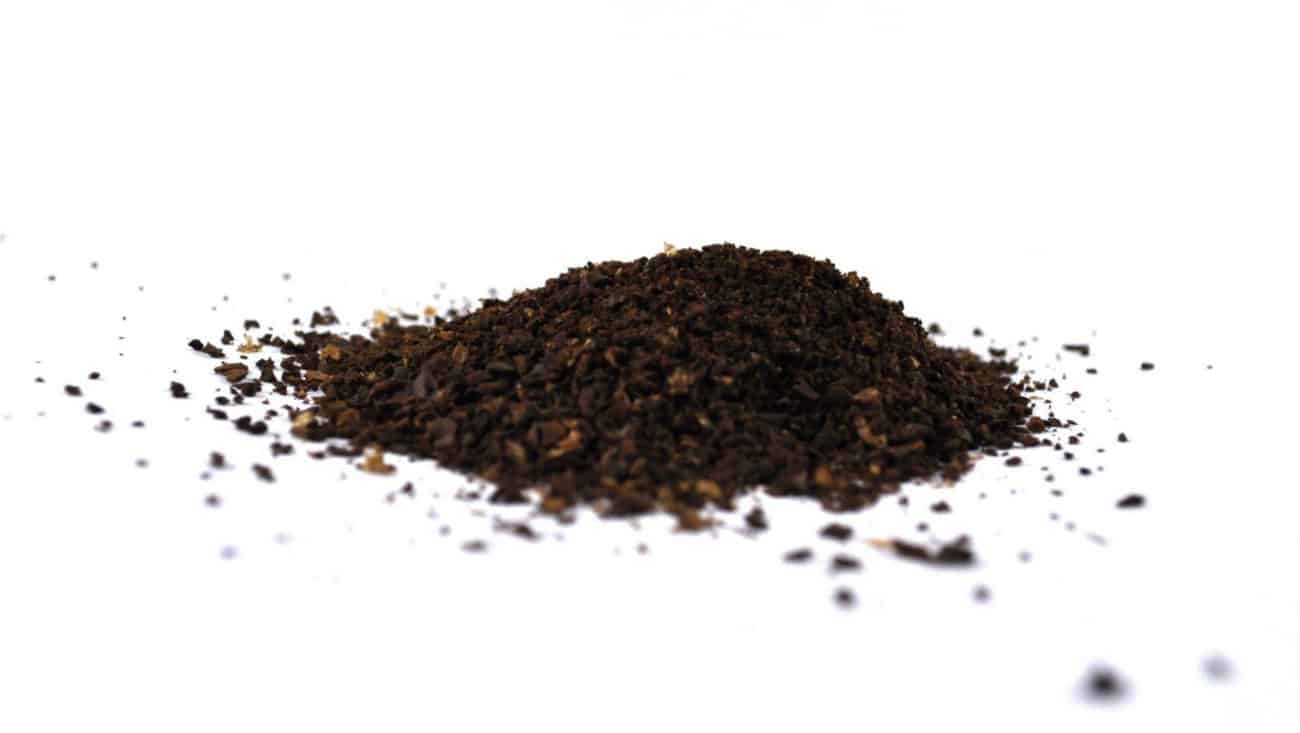Researchers from the University of Edinburgh have identified a gene that appears to curb coffee consumption, suggesting that DNA may influence how much coffee someone drinks.

In the study, which was published August 25 in the journal Scientific Reports, the researchers asked more than 1,200 people in Italy how much coffee they drank a day and compared their consumption and genetic data to another population of 1,730 people in the Netherlands. They found that people with a DNA variation in a gene called PDSS2 drank one cup of coffee less a day on average than those without the variation.
The findings suggest the PDSS2 gene plays a role in caffeine metabolism by reducing the ability of cells to break down caffeine, which causes it to stay in the body for longer. This means a person with PDSS2 would not need to consume as much coffee to get the same caffeine buzz. As such, people with the gene variant do not need as much coffee to get the same level of caffeine as those without it.
The hypothesis is that people with higher levels of this gene are metabolizing caffeine slower, and that’s why they’re drinking less coffee,” said Nicola Pirastu, a Chancellor’s Fellow at the University of Edinburgh and the lead author of the study. “They need to drink it less often to still have the positive effects of caffeine, like being awake and feeling less tired.”

The findings add to previous studies that have identified genes linked to coffee habits, as well as shedding new light on the biological mechanisms of caffeine metabolism. An October 2014 study analyzed the genes of more than 120,000 coffee drinkers and found six genetic markers that were associated with a person’s responsiveness to caffeine.
“The results of our study add to existing research suggesting that our drive to drink coffee may be embedded in our genes,” said Pirastu.
“Coffee, at least to some degree, is protective of some diseases and it may predispose to others,” says Pirastu. “So understanding what is driving this and how we make food choices is very important.” Coffee has been linked to a variety of health benefits like healthier arteries, a lower risk of type 2 diabetes and potentially even a longer life.
Sources: Business Insider, Time, Wired




